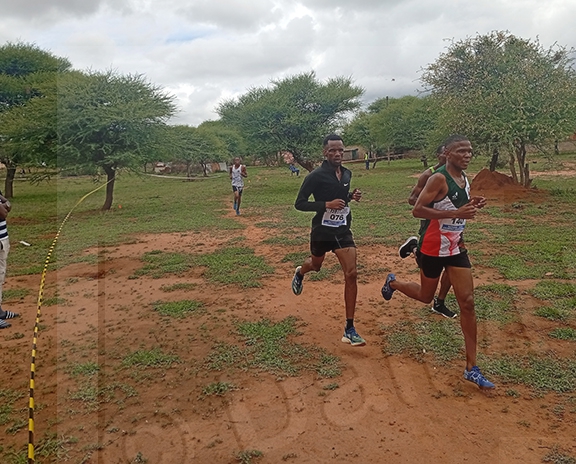Botswana committed to clean sport
19 Nov 2015
The sporting community has received with shock and disappointment, the recently released report into widespread doping allegations issued by the World Anti-Doping Agency (WADA) Independent Commission.
A press release from Botswana National Olympic Committee (BNOC), says the report found allegations of widespread doping during their investigation which resulted in the expulsion of Russia by the International Athletics Association Federation (IAAF) for anti-doping violations and the subsequent shut down of the WADA accredited lab in Moscow.
The release says, BNOC, as the custodian of anti-doping programmes in Botswana is committed to both the World Anti-Doping Code ‘The Code’ and the Olympic values of fair play, friendship and excellence in sport. While Botswana does not have an independent National Anti-Doping Organisation (NADO), to comprehensively deal with doping control related issues, in the interim and as per the dictates of the Code, the BNOC has hitherto assumed the role of the NADO.
This is while, the Botswana Government and the BNOC, the two parties thus as per the Code are jointly responsible for setting up a NADO are still discussing the modalities of establishing such an office.
With this mandate, it says BNOC has over the years and still continues to deliver anti-doping education programmes as well as testing athletes both in and out of competition with a view to ensure fair play and clean sport by Botswana athletes and indeed by international athletes that compete within the Botswana jurisdiction.
Commenting on the issue, the BNOC CEO Tuelo Serufho remarked that doping in sport has in the recent years become an even greater concern than it had ever been over the years.
“Not so long ago, there was a big doping scandal in cycling which involved many athletes including Lance Armstrong and today there is yet another Russian doping scandal and other cases in between.”
“These recent cases have clearly indicated that doping in sport is a much bigger threat than we had perhaps fathomed and in the premise therefore it is imperative that efforts to educate athletes and members of the entourages about the dangers of doping in sport are scaled up and so are the general efforts to fight the scourge” Serufho said.
Serufho stated that the fact that Botswana like all of Africa except South Africa does not have her own testing laboratory has not deterred her from carrying out tests.
“We do carry out tests whenever there are national and international competitions and we also follow athletes to their houses or workplaces outside competition to obtain samples for analysis, which is done at the WADA accredited laboratory in Bloemfontein, South Africa.” Remarked Serufho.
“To date, two international athletes have returned adverse results from the tests conducted by us and were accordingly stripped of their prize monies, disqualified from the events and suspended from sport. The one athlete was a Kenyan national who won the then Gaborone Steinmetz Marathon in 2013 and the other was a South African national who finished in the top 3 of the Toyota 1000 Dessert Race in 2013” Serufho said.
Botswana has also developed country specific anti-doping rules with input from National Federations.
The Botswana government signed the UNESCO Convention on the 06 August in 2009 and ratified the Copenhagen Declaration of the UNESCO International Convention against Doping in Sport on May 30th, 2007.
Equally, as a country Botswana is to continue upholding the highest standards with respect to the fight against the scourge of doping in sport. Ends
Source : BNOC
Author : BOPA
Location : Gaborone
Event : Press Release
Date : 19 Nov 2015






